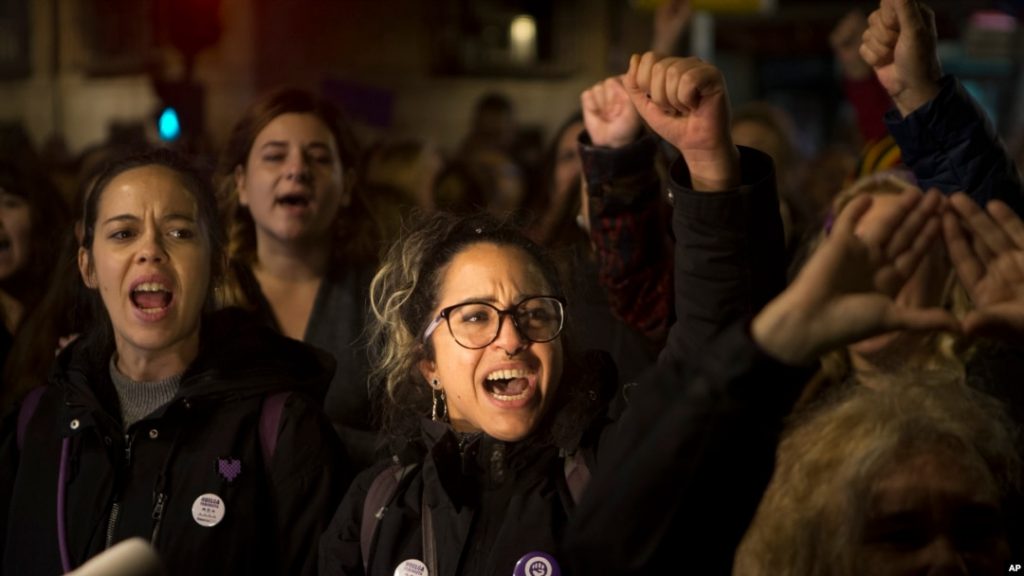Spain is once again at the center of Europe’s intensifying migration debate after a Malian asylum seeker was arrested for the alleged rape of a young Spanish woman, triggering a wave of public outrage and violent anti-migrant protests in Alcalá de Henares, a suburb near Madrid. The incident, which occurred earlier this week, has provoked a storm of political controversy and social unrest, with both local authorities and national political leaders forced to confront the rising tension between public safety and humanitarian asylum policy. Authorities have confirmed that the 21-year-old suspect was living in a nearby migrant facility and that surveillance footage was key to identifying him. He is now in provisional detention without bail as the investigation continues. The case has stirred widespread public anger, not only due to the severity of the crime but also because of growing frustrations over Spain’s migrant policies and the lack of community involvement in decisions affecting local safety and cohesion.
On the evening of July 4, around 300 protesters gathered outside the asylum center housing roughly 2,000 migrants. Demonstrators carried signs demanding the facility’s closure and shouted slogans against Prime Minister Pedro Sánchez’s pro-migration stance. Tensions escalated quickly, with protesters pushing against police barriers, leading to clashes with law enforcement. While the protests may have appeared spontaneous, they reflect deeper, long-standing concerns from local residents, who have for months voiced unease about the migrant center’s capacity, oversight, and impact on crime and public order. Alcalá de Henares Mayor Judith Piquet publicly criticized the central government for opening the facility without proper consultation or safety planning. She formally requested the center’s closure and called for comprehensive reforms to improve the management and integration of asylum seekers across the country.
The Spanish government, led by the Socialist party under Sánchez, has maintained that immigration is vital to address the country’s aging population and labor shortages. The administration has defended its open-border policies and support for EU migration frameworks, including the European Pact on Migration and Asylum, which seeks to distribute migrants more equitably among member states. However, the recent incident threatens to undermine this position. Far-right political leaders have seized on the crime to amplify anti-immigrant sentiment. Vox party leader Santiago Abascal accused the government of “open borders insanity” and demanded immediate deportations for migrant offenders, along with a suspension of new asylum applications. The conservative Popular Party echoed similar concerns, albeit in less extreme terms, calling for stronger coordination between national and local authorities on migration and public safety.
The broader European context adds fuel to the fire. Years after the 2015 migration crisis, EU nations remain divided over how to handle asylum seekers. Spain has largely embraced humanitarian migration policy, but the Alcalá incident may mark a shift in public mood. The nation’s historical tolerance toward migrants could be eroded if local grievances continue to be ignored. Public safety concerns, especially when linked to violent crime, have the potential to shift the political landscape—and not only in Spain. The challenge now facing the Spanish government is how to restore confidence in its migration strategy while responding to real concerns about community safety, policy transparency, and local accountability.
The use of isolated criminal acts to inflame anti-migrant sentiment raises concerns among human rights organizations, who warn against generalizing the actions of individuals to entire communities. They caution that collective punishment and scapegoating could not only endanger innocent refugees but also undermine the values of inclusion and protection that the asylum system is built upon. The rape allegation in Alcalá de Henares has therefore become more than a criminal investigation—it has become a political flashpoint that exposes the fragile balance between compassion and control, integration and alienation, and national identity versus global responsibility.
Spain’s response to this crisis will shape how other European nations interpret and implement their own migration policies. Whether the outcome leads to meaningful reform or further polarization may well determine the future of both public trust and the nation’s commitment to human rights in the face of rising nationalist sentiment.

